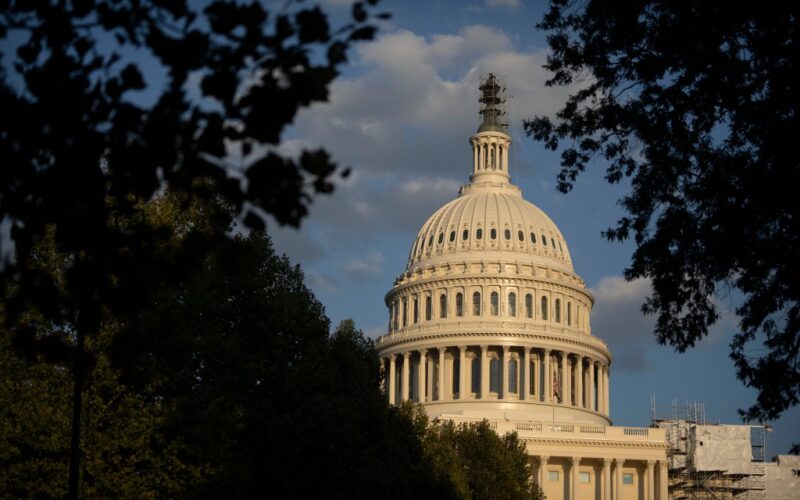On Labor Day, Americans should know that the right to work principle is a straightforward one. It simply is that no worker should be required to join or pay dues to a union in order to get or keep a job.
Support for the right to work principle among Americans is large, with polls consistently showing that more than eight in 10 Americans support the right to work principle of making union dues strictly voluntary.
In a national poll conducted last year by the Rasmussen Media Group, 82% of registered voters agreed that “workers should never be forced to join a union or pay dues to a union as a condition of employment.” That includes 79% of those who said they are currently union members.
Unfortunately, millions of Americans still lack right to work protections and can be fired solely for refusal to fund a union they oppose.
While under the U.S. Supreme Court’s 2018 Janus v. AFSCME ruling all public sector employees have right to work protections under the First Amendment, millions of private sector workers are required to pay a union under threat of termination because forced union dues are authorized by language in two federal laws: the National Labor Relations Act (NLRA) and the Railway Labor Act (RLA).
The NLRA was amended in 1947 to guarantee individual states retain the option to pass right to work laws protecting workers from forced union dues. No such option exists under the RLA, meaning railroad and airline workers can be forced to pay union dues even if they work in a right to work state.
To protect workers in all 50 states, Congress must pass the National Right to Work Act, a bill introduced in the House by Congressman Joe Wilson and in the Senate by Sen. Rand Paul.
It’s a one-page bill that doesn’t add a single word to federal law. It simply repeals the forced dues authorization language in the NLRA and the RLA, thereby restoring employees’ absolute right to refrain from funding a union they don’t want and likely never asked for.
The National Right to Work Act would make union financial support strictly voluntary for every worker in America. That’s good news for workers currently trapped under the monopoly control of a union that doesn’t deserve their money.
Under right to work, union officials must focus their efforts on providing value to rank-and-file members or else risk losing their voluntary support.
Meanwhile without right to work, union bosses can spend dues money wastefully or on radical causes knowing it doesn’t matter if many workers disagree since ultimately they will have to pay up or be fired.
Take, for example, the Coalition for Humane Immigrant Rights of Los Angeles (CHIRLA) which is currently under Senate investigation for its role in backing violent riots in Los Angeles. CHIRLA received hundreds of thousands of dollars from a handful of major unions, and without right to work, workers could be fired for not contributing to those funds.
Similarly, without right to work, workers are forced to fund corrupt union officials who spend money to fund their own limousine lifestyles. Take the recently-resigned head of the NFL Players Association union, who was caught using dues to fund thousands of dollars in charges, including ATM withdrawals, visiting strip clubs.
Right to work means workers cannot be required to fund such objectionable, and sometimes even illegal, activities. Yet the benefits of right to work go even beyond empowering workers to decide for themselves how their hard-earned money is used.
Right to work also has a long track record of generating economic opportunities and prosperity.
In the decade since 2014, the number of people employed in right to work states has grown at more than double the rate of forced unionism states, according to an analysis of federal government data by the National Institute for Labor Relations Research. In the critical field of manufacturing, during the same period, right to work states have seen employment grow by 10.4% while forced unionism states have witnessed an outright decline.
Right to work is a straightforward, popular policy that’s good for the economy, and provides vital protections to American workers. It’s time for Congress to pass the National Right to Work Act and protect all Americans’ freedom of association by making membership in a union and dues payment strictly voluntary.
Mix is president of the National Right to Work Committee.








